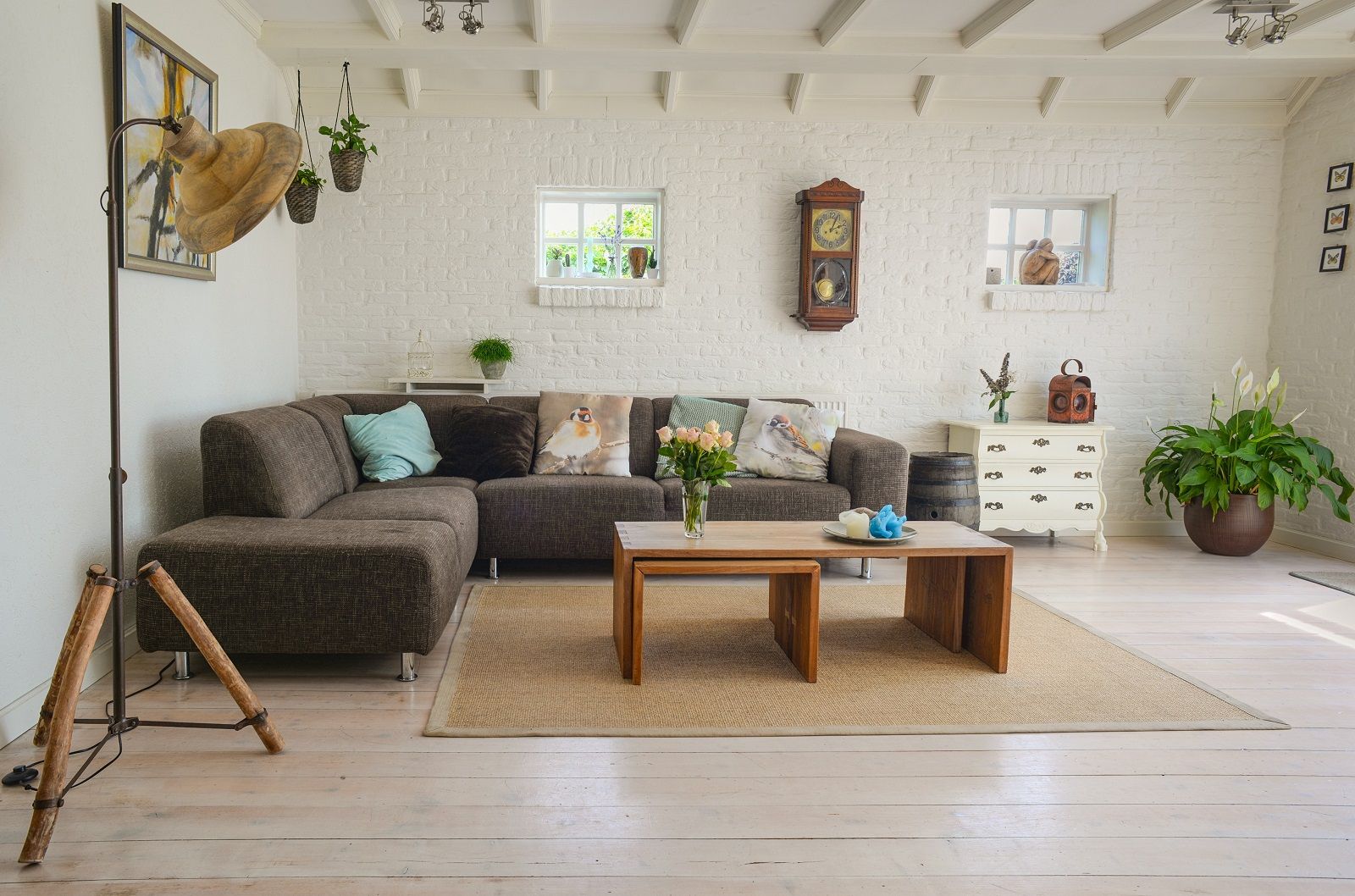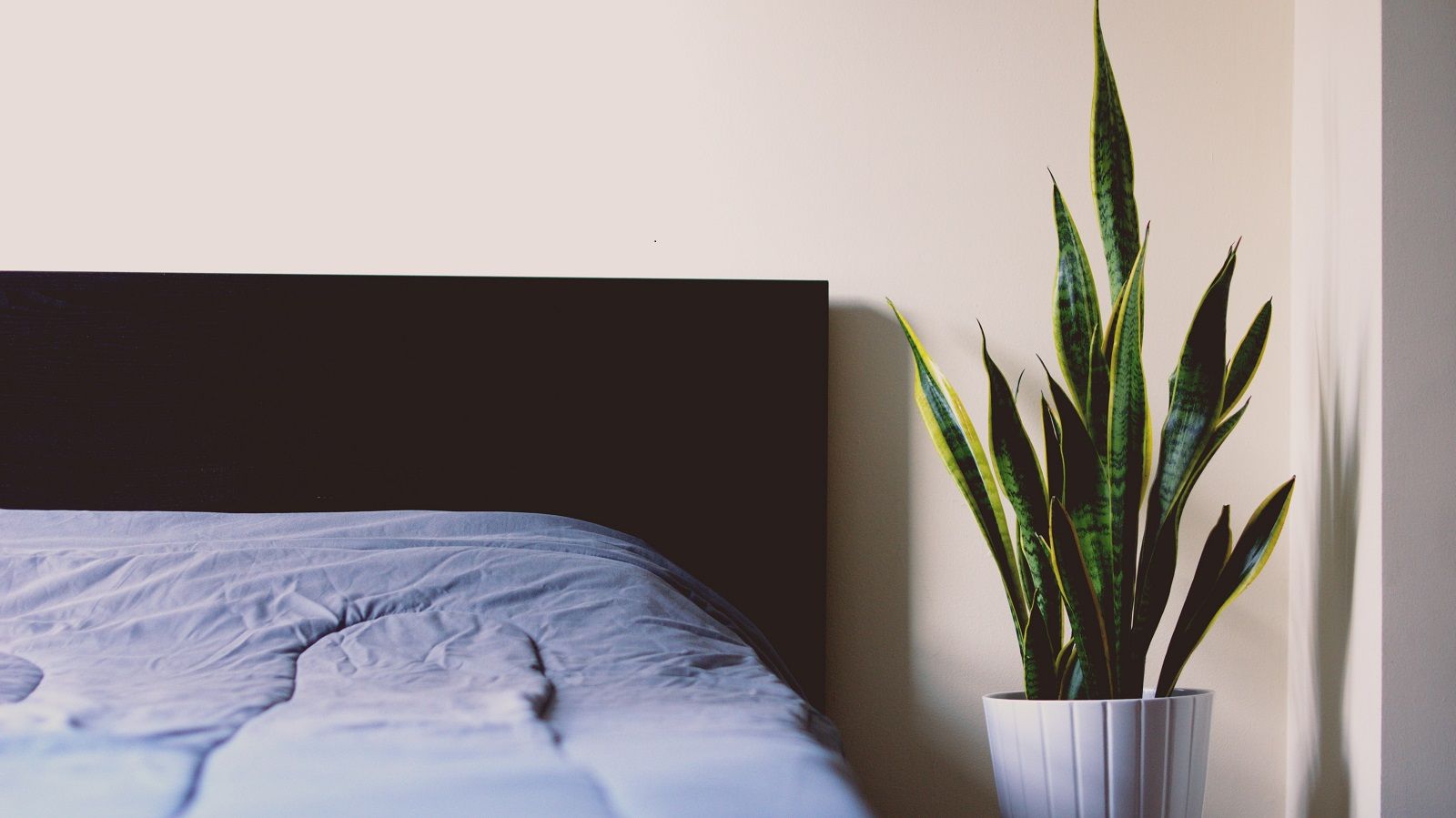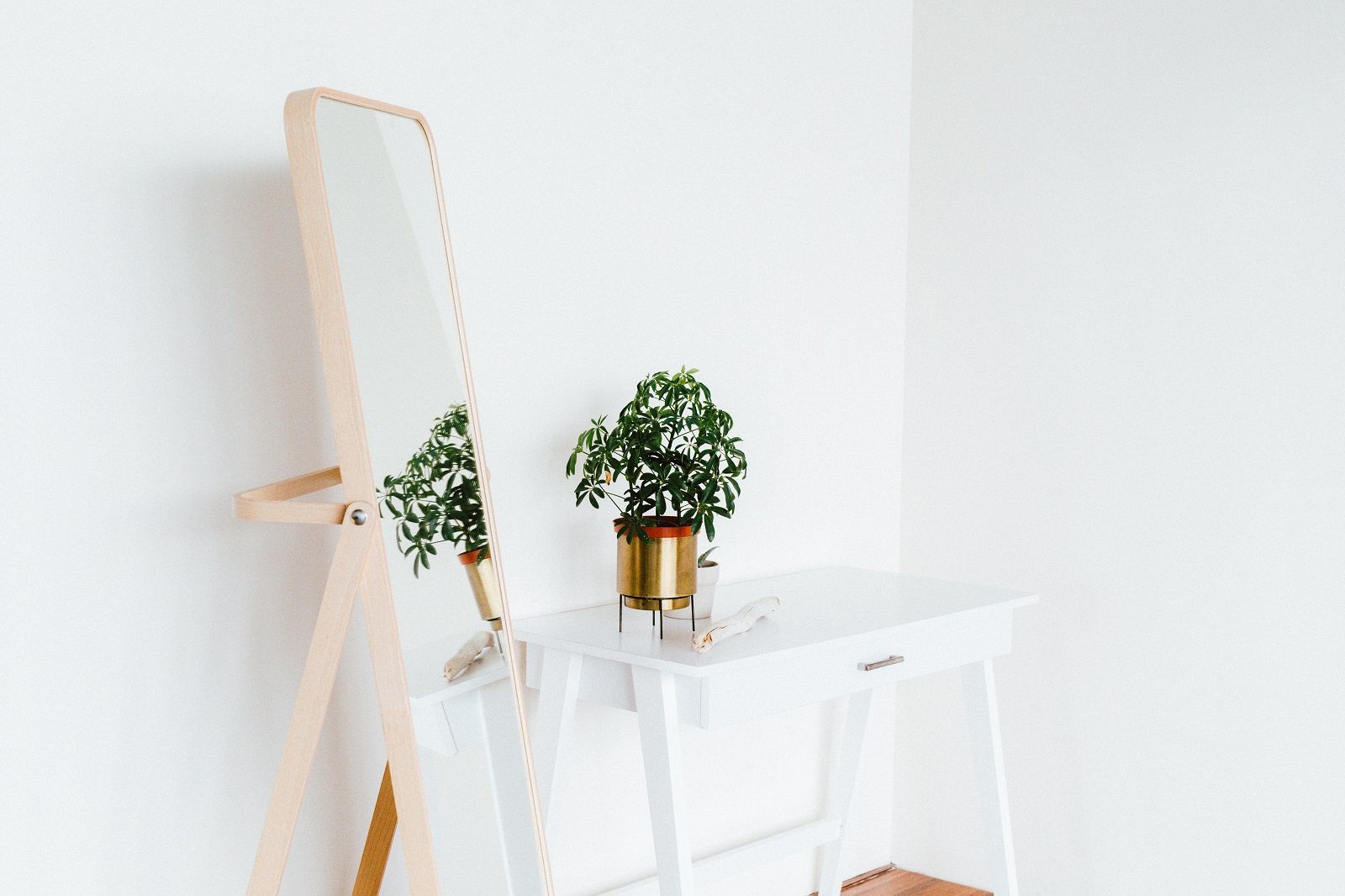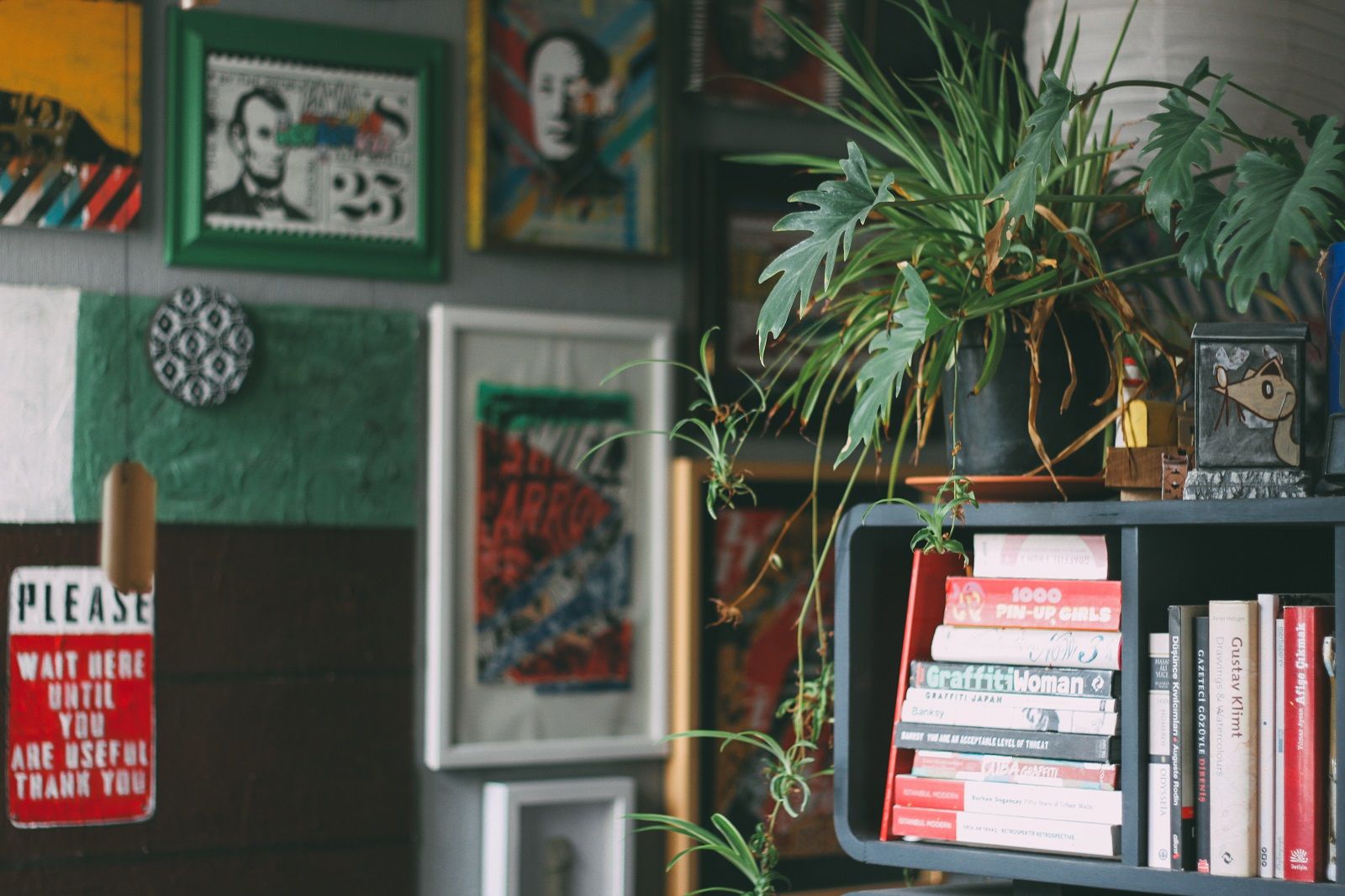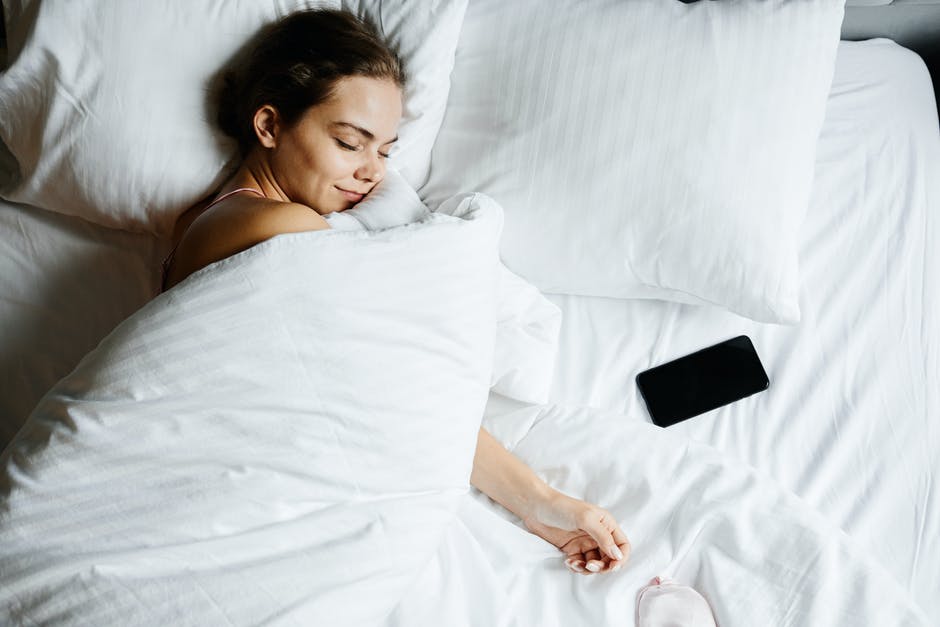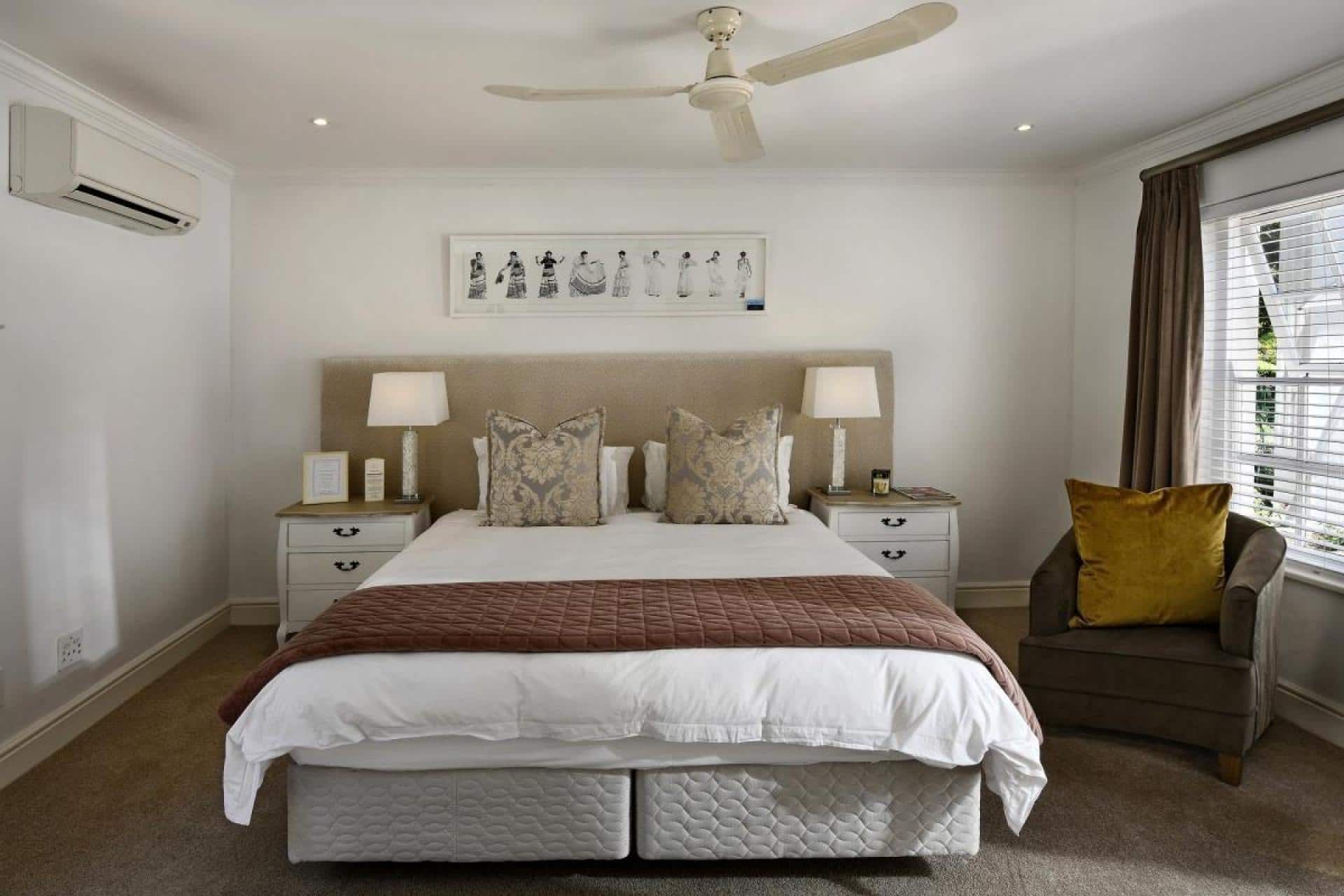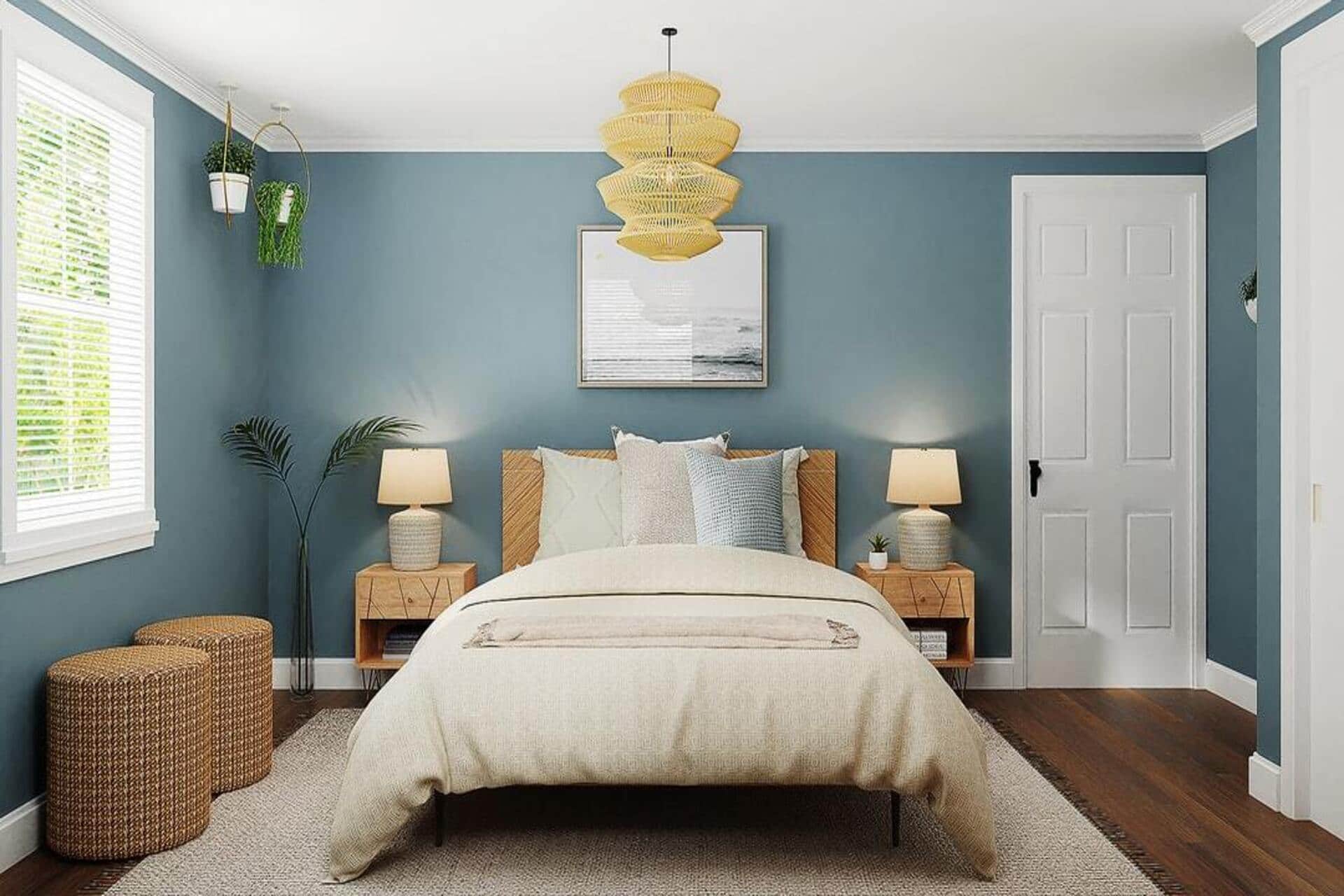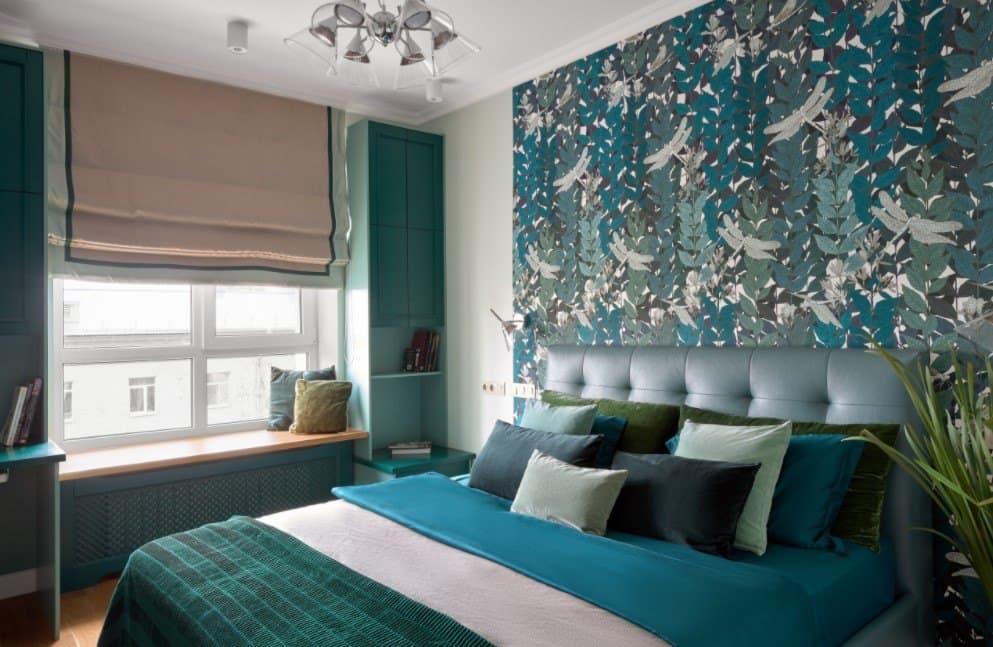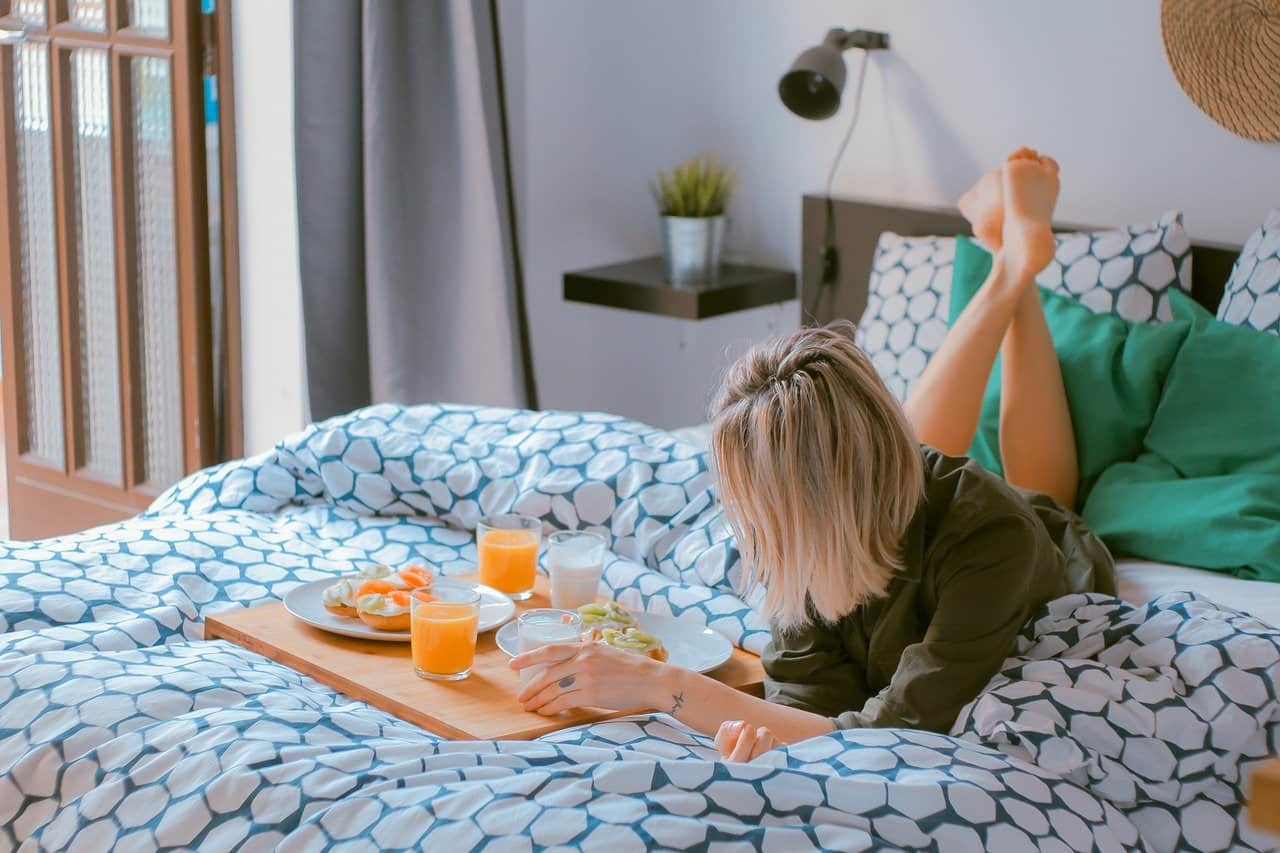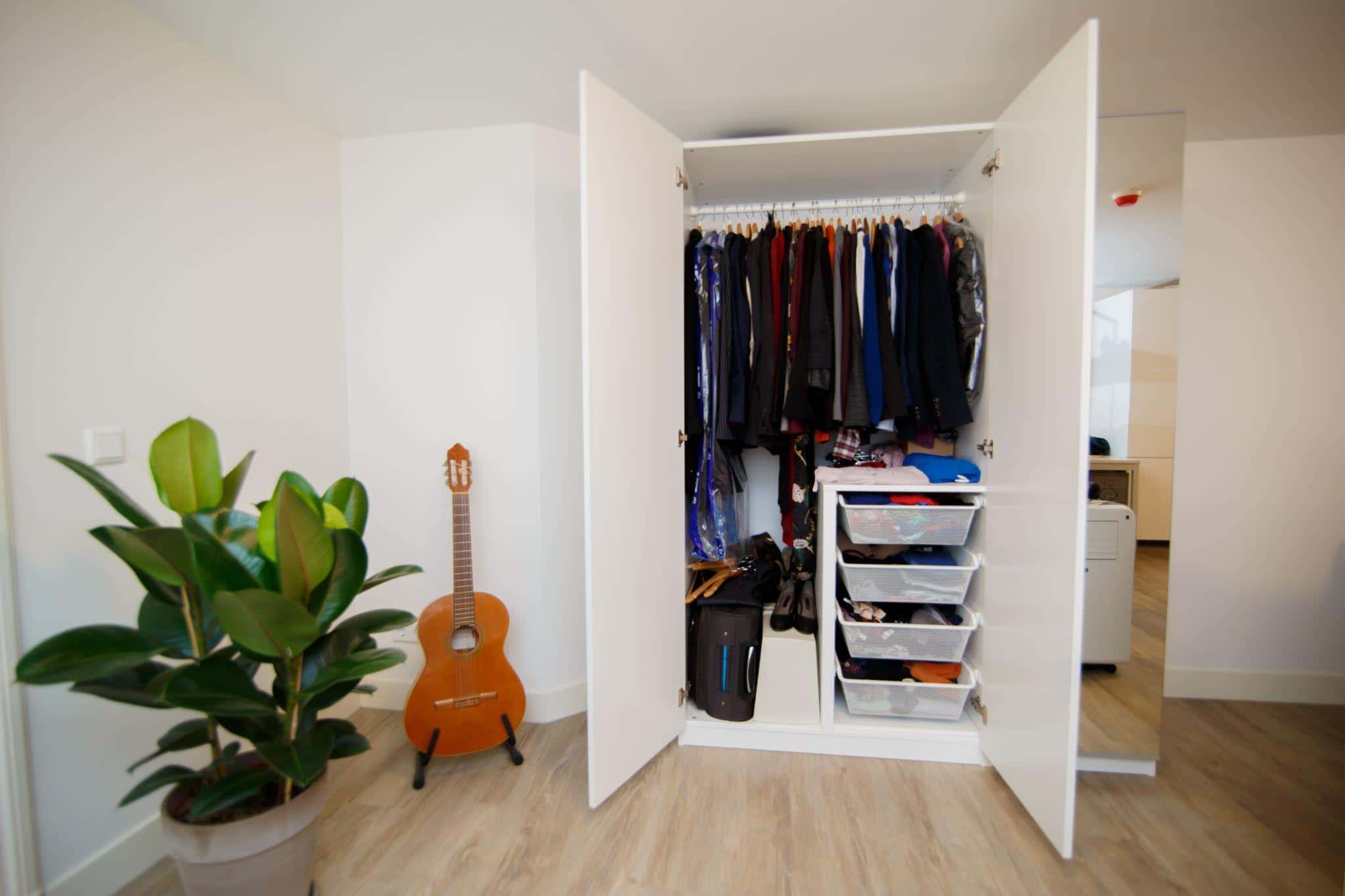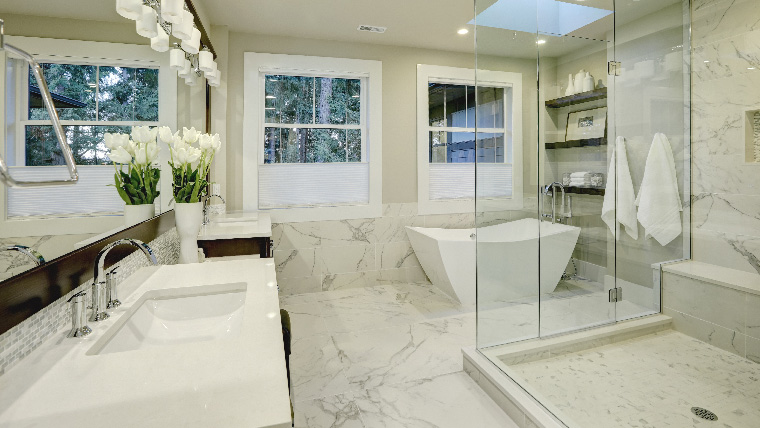Plants are a beautiful addition to your small living space and can improve the look of any room. But did you know that introducing greenery can boost your health and improve sleep quality? Read on to see how to use plants to get a better night’s sleep – and which plants are best for it.
NASA Says Get Plants!
Believe it or not, NASA is very concerned about plants for terraforming and future space endeavors. While all that cool science offers insights for space cadets, it also advises earthbound mortals like you. The space agency found that plants have amazing detoxifying benefits.
They can leach VOCs out of the air (like those in wall paint) and protect you from chemical smells and particles from synthetics in your home. When you live in a small space, NASA advises you include some of “nature’s life support system.”
Here’s how plants help you sleep better.
Anti-Insomnia Benefits
For those that struggle to nod off at night even on a comfortable mattress, a eucalyptus plant by your bed could do the trick. The oil and aroma of this plant and its leaves smell good, clear the sinuses, and help you nod off, breathe easier, and stay asleep.
Reduce Disruptive Noise
Living in an apartment, particularly in the city, brings unavoidable noise. Street sounds and other clamor can keep you up at night tossing and turning. Plants placed near windows diffract and absorb noise that can invade your space – much like how trees by interstates lessen road sound.
Better Air Quality
You respire carbon dioxide which plants take in, and then they respire clean air in the form of pure oxygen. Lots of plants mean clean, oxygenated air. Especially in a small space, a smattering of plants can drastically improve air quality.
Mental Acuity
It sounds strange, but plants help your brain which, in turn, helps you sleep. The presence of plants improves focus (great if you work at home) and because your brain stays sharp and active while awake, it should be tired and ready for sleep, just as you are after exercise.
Helps Depression
City dwellers can suffer from “green deprivation” due to a lack of interaction with greenery. Humans evolved with trees, plants, and nature and the concrete jungle can bring you down. Plants in your space can keep you mentally balanced which benefits sleep.
How to Introduce Plants in a Small Space
Smaller apartments have plenty of room for plants if you know where to look. Install a window box inside instead of out or put noise-reducing plants on window ledges. Wall gardens can act as living art that’s beautiful and healthy for you.
Plants can hang in corners, so they don’t take up floor space. The toilet tank, behind the sink, tops of bookshelves, and any flat surface can be transformed into an instant garden. Just be mindful of the sunlight needs of your plants when you choose the type of plant and where to place it in your space.
Author’s Bio: Amy Highland is a sleep expert at SleepHelp.org. Her preferred research topics are health and wellness, so Amy’s a regular reader of Scientific American and Nature. She loves taking naps during thunderstorms and cuddling up with a blanket, book, and cats.

